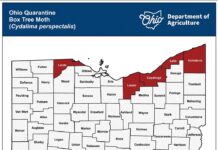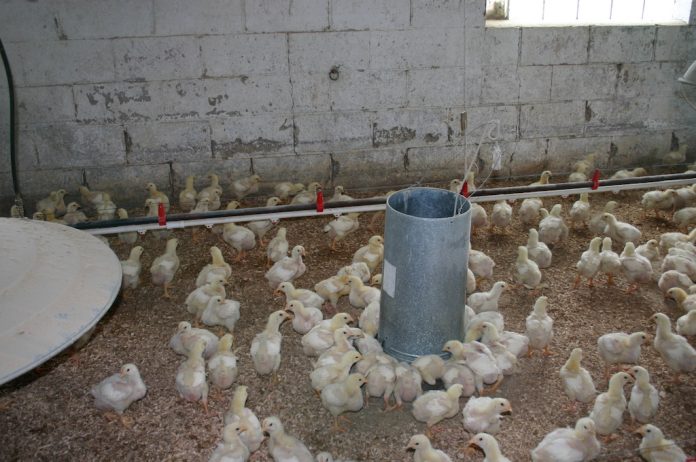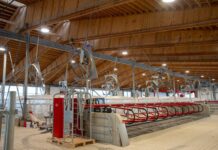Like many global meat packing companies, JBS USA, the giant Brazilian meat and poultry packer with extensive operations in North and South America, Europe and Australia, spent most of the last six months buying its way out of trouble with U.S. customers and the American government.
Settlements
Even a cursory examination shows JBS spent $221.5 million in February to settle allegations it helped rig U.S. poultry prices and, last October, it paid $280 million “to settle charges it violated (U.S.) anticorruption laws.”
Both those deals came after a JBS subsidiary paid the U.S. “$27 million to settle charges it used illegally obtained money to finance the purchase of Pilgrim’s Pride,” the second largest U.S. poultry company, in 2009.
Even more astonishing, the money river flowed both ways: JBS USA, the serial bad boy of global meatpacking, received $90 million in “trade mitigation commodity contracts” for pork purchased by the Trump Administration in its 2019-20 tariff fight with China.
Still, as noted here last week, JBS wasn’t — isn’t — the only global meatpacker making an already dirty business even dirtier.
Corruption
Other packers are targets of ongoing market investigations while some, like Tyson Foods, have joined JBS in paying millions to settle civil suits. In fact, given these settlements and an ongoing U.S. Department of Justice investigation, Big Meat might just be the most collusive, most corrupt and most unrepentant business sector in the U.S. today.
Which begs two questions: Why do we, both its customers and lawmakers, tolerate so much confessed — and unconfessed — corruption in meatpacking? And what, if any, benefits do we receive in return for all this evident corporate lawlessness?
Prices
It can’t be great value, because Big Meat doesn’t provide great value. Indeed, according to U.S. Department of Agriculture data, as meatpacker control on both the animal buying side and meat selling side grew since 2000, consumer prices have risen 82% in beef, 44% in pork and 33% in poultry.
Moreover, it’s not like farmers and ranchers now receive better prices for their livestock and poultry. In fact, if calculated in current 2021 dollars, total “cash receipts” farmers pocketed for their sales have fallen since 2000.
For example, in today’s dollars, farmers received $76.4 billion for cattle and calves in 2000 (USDA doesn’t divide the two.). In 2021, they will pocket an estimated $66 billion, or $10 billion less. Similarly, in today’s dollars, U.S. farmers received $25.5 billion for their hogs in 2000. This year, the estimated market value will be more than $1 billion less, or $24.3 billion.
Also, two decades ago, broilers (frying chickens) brought farmers $28.7 billion; this year, they’ll bring 15 percent less, or $24.3 billion.
So, today, farmers are receiving less for their livestock and poultry, consumers are paying more their beef, pork and chicken and meatpackers — the highly integrated link between the two — are paying hundreds of millions in civil and criminal penalties to keep their admittedly-crooked system more than profitable to continue operations and expand their global reach. And expand they are.
Expanding
On November 10, two months before it announced it will pay $221.5 million to settle “broiler chicken antitrust civil price fixing litigation,” Tyson Foods announced “plans to invest in new processing facilities and expand existing plants in Thailand, China, and The Netherlands.”
In early April, JBS, the global poster child of meatpacker malfeasance, announced that it is prepared to spend part of its 2020 “record cash flow” to both “boost capital spending by as much as 48% this year” and “actively seek acquisitions.”
Meanwhile, according to recent reporting, U.S. taxpayers sent cattle producers $7.17 billion under the Coronavirus Food Assistance Program Aid, “$2 billion more than any other eligible livestock or crop,” while “(p)ork producers so far have received about $1.14 billion …”
Little wonder, then, why meatpackers like JBS can buy their way out of corruption charges one day and announce plans to expand their empires the next: they’re not using shareholder money to fund any of it. They’re using yours.













